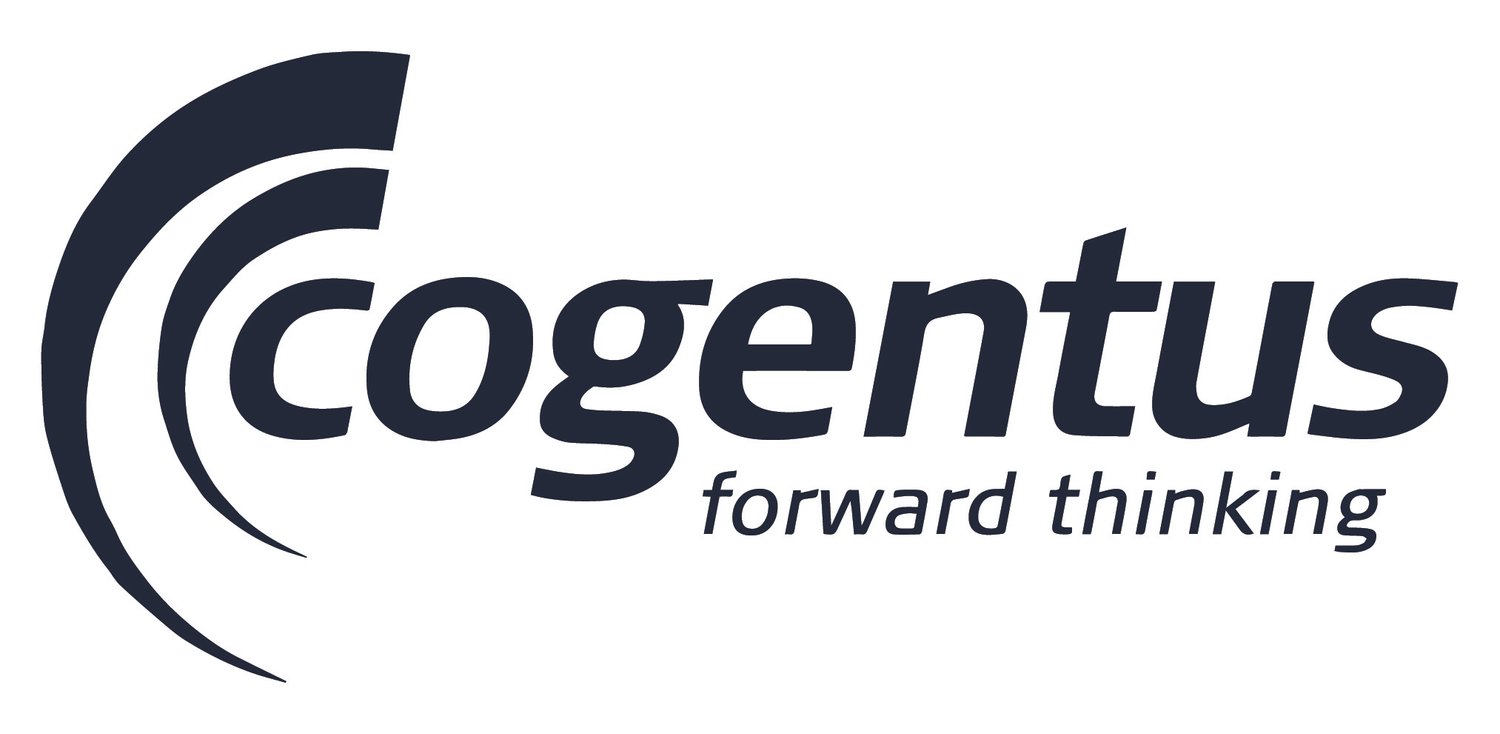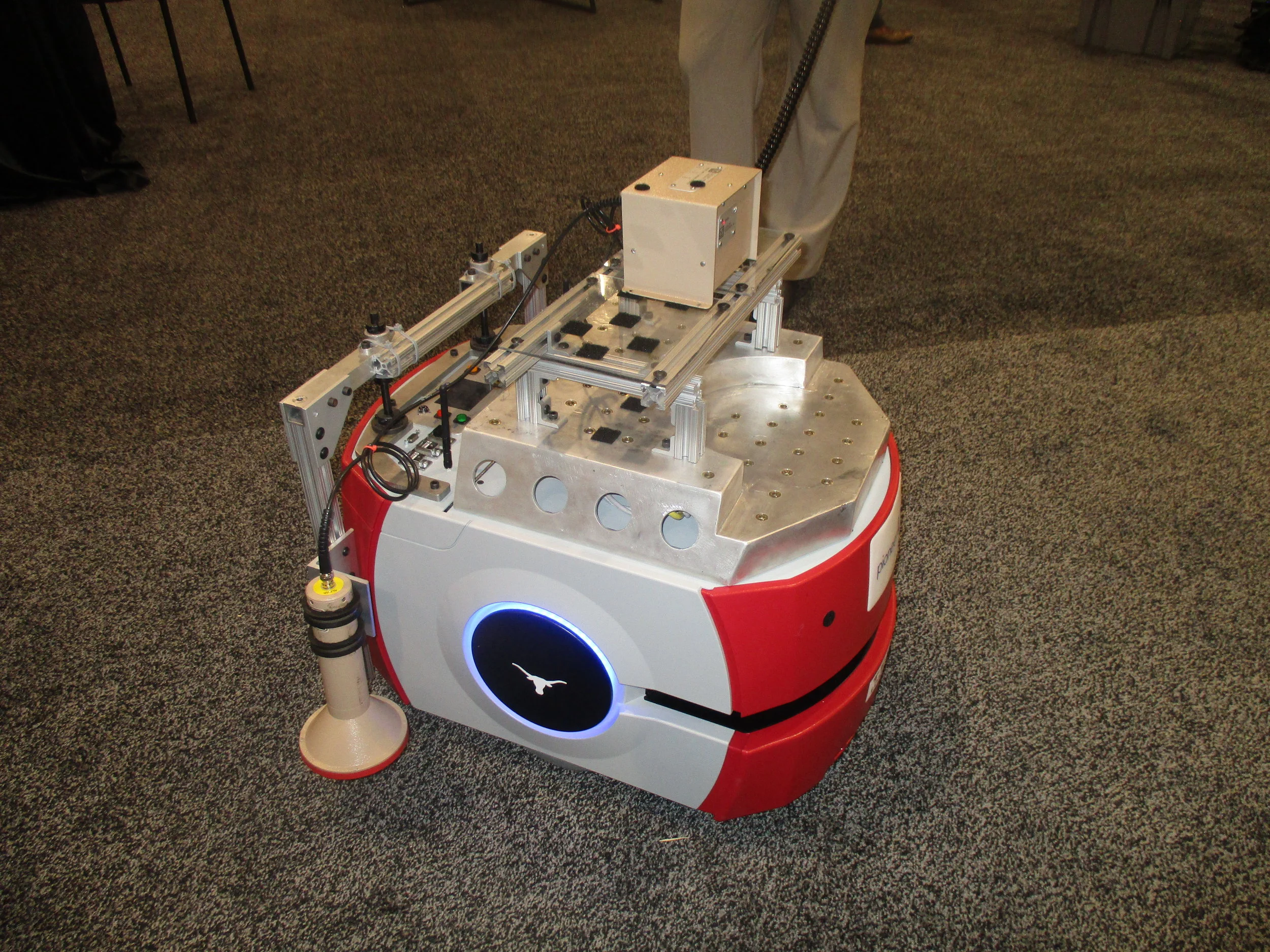The conference is just coming to a close today. Unfortunately, I've been tied up in meetings and haven't been to many presentations over the past couple of days. This afternoon there are some interesting looking ones on robotics including Fukushima, the Dounreay Shaft and H-Canyon.
A couple of people have remarked on the number of Universities in attendance this year so I thought I would go through the attendees list to put some numbers on it. Overall, there were 112 people from Universities attending out of 2,170 in total. About 5%. The UK contingent of 20 represented 25% of all UK attendees with Bristol University sending an extraordinary 11 people. Manchester sent 4 people, the same number as the whole of Sellafield and NNL and more than the NDA. I guess Universities have different approvals for attending conferences than everyone else!
On the subject of Universities then I thought I would voice my opinion on the current work in robotics. It might be controversial and others will have different opinions, but I think it is something worthy of debate. Through our work on the robotics database, we have a very large list of robotics technologies from multiple sectors across the world. The conference had plenty of demonstrations as well as a number of presentations on the work Universities were doing to support nuclear decommissioning through the use of robotics and what is clear is that they (with a few exceptions) are not doing anything that I would class as adding to the knowledge base for nuclear cleanup. Most projects are simply reinventing the wheel in developing their solutions. These solutions (mostly combinations of technologies; platorms + sensors+ mapping, etc.) already exist and I wonder if the funding ought to be spent on something else.
The work that is needed on robotics is not to get students to build a robot (that already exists in some form elsewhere) but to address the challenges in using the existing solutions. Marty Reibold (BWXT Portsmouth) listed plenty of these in his presentation on Tuesday including contamination control, worker feedback (operability, maintainability, job fears), organisational constraints (security, existing procedures, culture) and using the right tools for the job. I don't see any of these being addressed by Universities and I don't think they are the most suitable organisations for it either. This needs to be carried out by the National Labs and the contractor organisations who specialise in testing & development of equipment depending on the technology readiness level. This obviously needs funding and, typically, will need to be at a higher level than funding a few students. But, if decent progress is to be made on robotics for nuclear D&D then that is what is needed. From what I know, there are ready made solutions out there right now. They will need modifying/adapting for the specific application, it might require some new thinking in approaches (such as Triz) and they will require (in the main) nuclearisation but this is an achievable goal if the right organisations are involved.
Typical involvement of organisations in relation to the technical maturity of a robotic system.
Having said I don't think Universities should be developing robots that is not to say that carrying out proper research (TRL1-3) in robotics isn't warranted and they may develop robotic system for this research. Several Universities (MIT, EPFL, ETH, Stanford, CMU to name a few) are carrying out some fascinating studies into movement/locomotion, planning & control, vision systems and robot swarms that will be useful for spin off companies and commercialisation later on. This adds richly to the overall knowledge base.
The conference was, as ever, a great event. It is wonderful to meet up with so many people every year to network and socialise. The presentations are often very interesting and worthwhile and extremely useful to collect information for the databases. Although most of my time was focused on robotics we were also adding new information to the other databases including characterization, decontamination, waste treatment and R&D. The weather was spectacular and for me it is soon time to travel back to the UK. I understand that folks arriving in Pasco today went from 86 degrees in Phoenix to 42 degrees at the airport. Brrrr!
Please remember that you can register for the Ideas Catalog here. It is free for all DOE folks including contractors. We also run workshops to help project teams identify potential solutions so just contact me if you want more information on this.
Plug
My book "Successful Problem Solving" is now available on Amazon or from our website at a very reasonable £24.95. It is a detailed textbook (456 pg) with major chapters on problem definition, generating ideas/options/concepts and the evaluation of those options.


